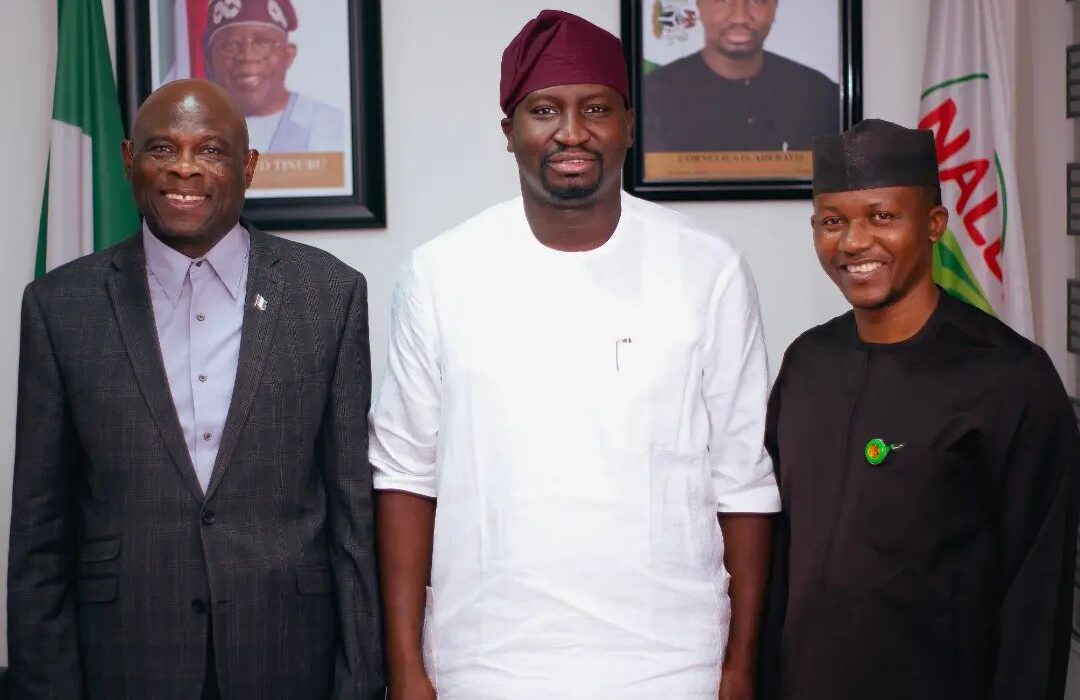Adebayo Cornelius has made a remarkable impression as the new Director General of the National Agricultural Land Development Authority (NALDA), having assumed office just four weeks ago and already making significant strides in advancing the organization’s mission. His prompt engagement with key stakeholders, including recent meetings with government representatives, speaks volumes about his commitment to enhancing Nigeria’s agricultural landscape and ensuring food security for the nation.
On August 9, 2024, Adebayo met with Rt. Hon. Sekau Dzua Iyortyom from Buruku Federal Constituency and Hon. Ishaya David Lalu of Mangu/Bokkos Federal Constituency. This meeting was more than a ceremonial introduction; it represented Adebayo’s proactive approach to gaining local legislative support as a means to effect meaningful change in Nigeria’s farming communities. During discussions, the focus was on how these constituencies could effectively contribute to the overarching goal of national food security, demonstrating Adebayo’s understanding that grassroots involvement is crucial for success in agricultural initiatives.
In just a month of leading NALDA, Adebayo has made it clear that collaboration and engagement will define his leadership style. His emphasis on forging strong relationships reflects a holistic approach to agriculture that integrates policy with the realities faced by local farmers. By reaching out to representatives who are on the ground and familiar with the unique challenges of their districts, Adebayo is positioning NALDA to create tailored strategies that genuinely resonate with the local agricultural milieu.
One of the most compelling aspects of Adebayo’s early initiatives is his vision for inclusive agricultural development. He is keenly aware that effective solutions to Nigeria’s food insecurity cannot be generated in isolation. The dialogues initiated with federal legislators exemplify his strategy of involving various stakeholders who have the capacity to implement innovative farming practices and sustainable land development. His outreach efforts indicate a departure from traditional hierarchical approaches, favoring a model that encourages collective responsibility in addressing agricultural challenges.
Adebayo is also focused on leveraging technology and modern farming techniques to bolster agricultural productivity. Discussions held during these stakeholder engagements have addressed the potential for integrating digital tools and precision agriculture to optimize land use and maximize yields. Acknowledging the critical role of technology in transforming agriculture, Adebayo’s early initiatives may pave the way for partnerships with tech companies and agri-tech start-ups looking to make their mark in Nigeria.
His leadership comes at a pivotal time when the importance of food security has been magnified by global events and shifting demographic demands. By engaging with constituents like Hon. Iyortyom and Hon. Lalu, Adebayo is not only laying the groundwork for immediate initiatives but is also establishing a foundation for sustained dialogue that can evolve over time, adapting to new challenges as they arise.






